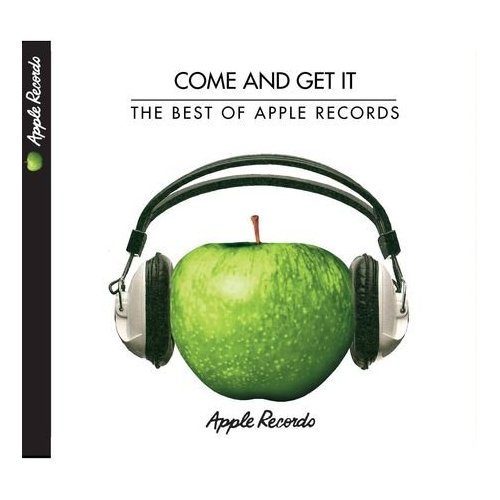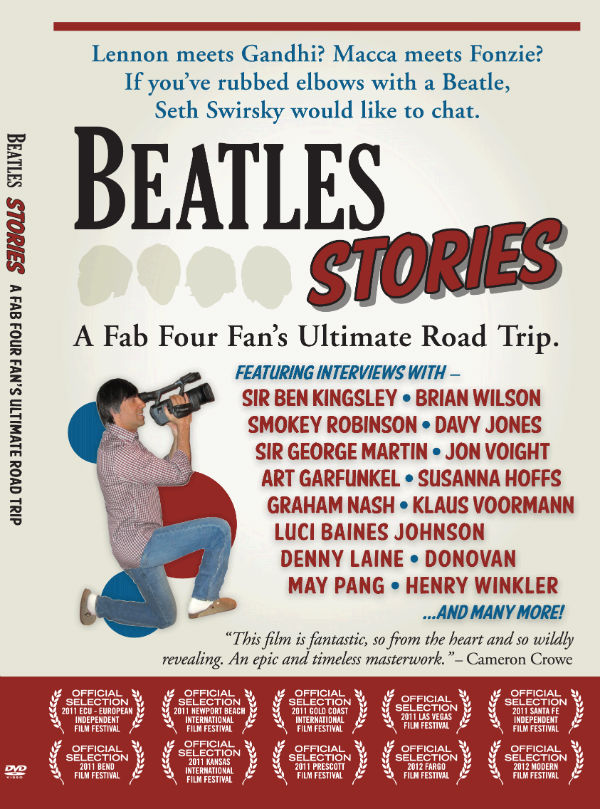Videos by American Songwriter
Various Artists
Come and Get It:The Best of Apple Records
(Apple)
[Rating: 3 stars]
The recent Beatles reissues/re-masters were just the tip of Apple Records’ deep and wide iceberg of music. Its wildly diverse roster—nearly all the acts were signed by one of the Fab Four—resulted in dozens of titles, 15 of which are being dusted off, polished and extended with bonus songs by the same team that pulled the layer of audio cheesecloth off the Beatles catalog.
This somewhat misleadingly named anthology works as a reasonably good sampler of Apple’s core (non-Beatles) artists, as well as unearthing rare singles only the most diehard fan has heard. The breadth of music styles that includes gospel (Billy Preston, Mr. Fifth Beatle, gets two tracks), R&B (Doris Troy), blue-eyed soul (two for Jackie Lomax as well), Cajun (the Sundown Playboys), East Indian (Radha Krishna Temple), folk (James Taylor/Mary Hopkin) and good old Beatle-esque pop (Badfinger’s title track) is striking, especially for those unfamiliar with the label’s output.
The compilation omits solo work from John, Paul, George and Ringo but all appear as sidemen on various cuts. Some are a far cry from “the best of Apple,” as anyone will attest after hearing the Black Dyke Mills Band oom-pah its way through “Thingumybob,” McCartney’s long forgotten theme song for a 1968 UK TV show. The same goes for Brute Force’s “King of Fuh,” an un-funny joke that brings the set to a screeching halt, and the Hot Chocolate Band’s (mis)reading of “Give Peace a Chance, complete with wobbly reggae rhythms and different lyrics than the original.
There are plenty of quality songs to offset those clunkers, such as a corker 45 from Ronnie Spector covering George Harrison’s “Try Some Buy Some” (released before his own version). But most impressive is the sheer variety of these 21 tracks, a smattering that doesn’t even include anything from the jazz and classical albums Apple released during its short yet productive 1968-’73 run.
Like their music, the Beatles were never predictable and Apple was the outlet for the eclectic, occasionally offbeat artists they helped champion and expose to the world.














Leave a Reply
Only members can comment. Become a member. Already a member? Log in.